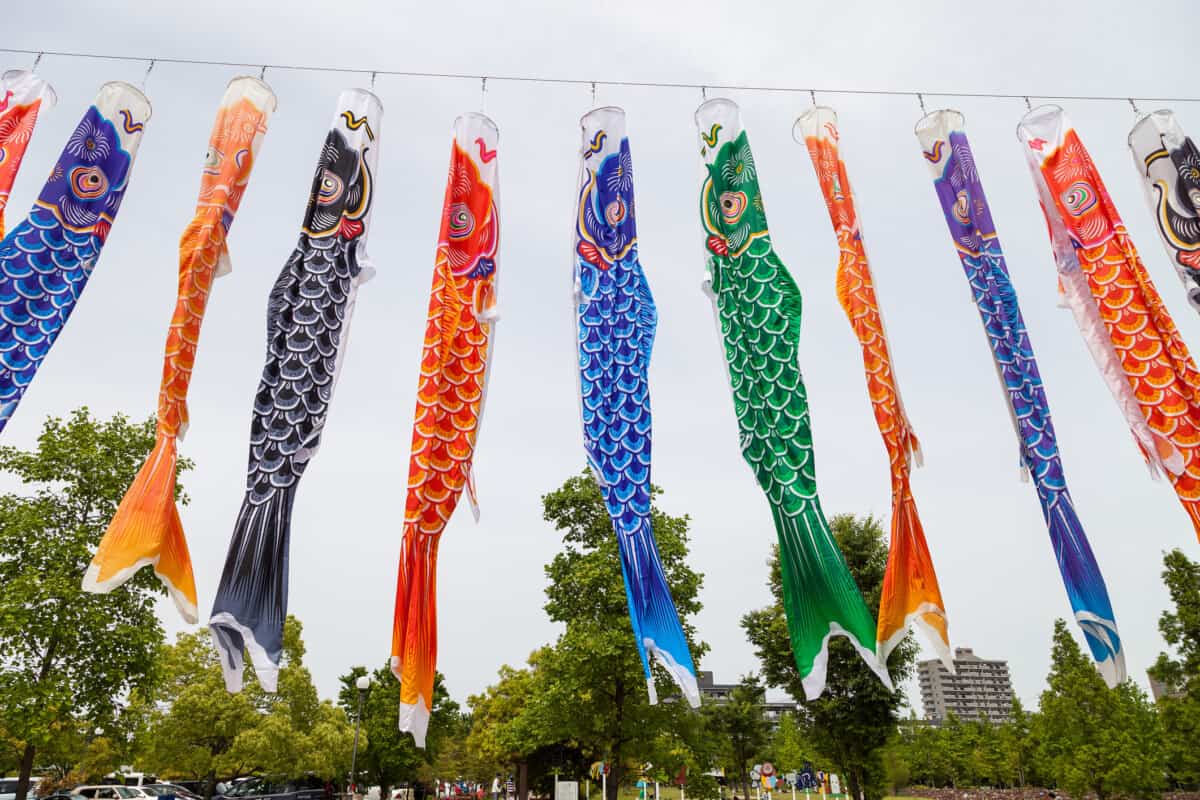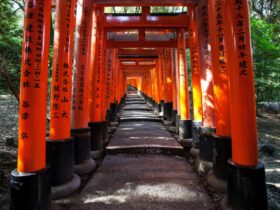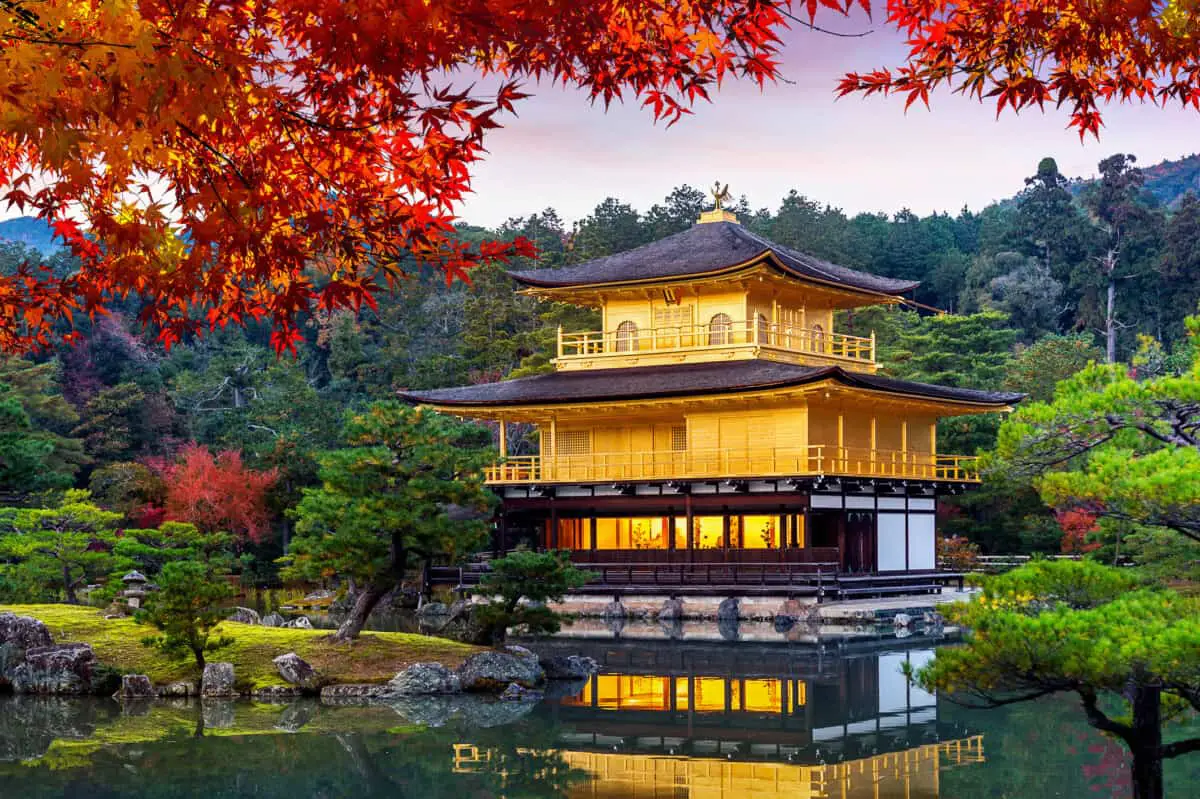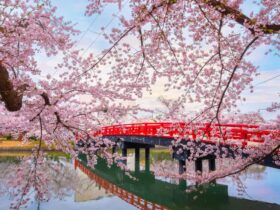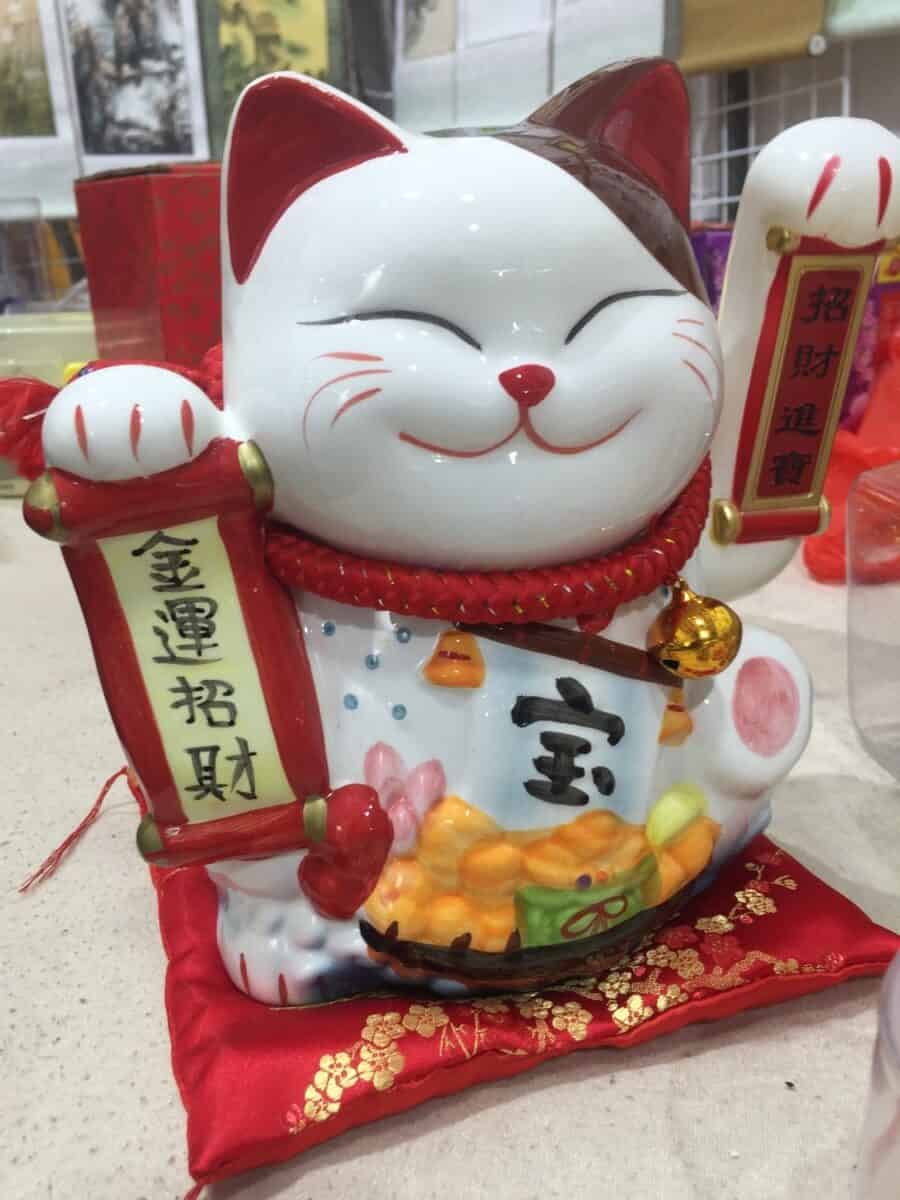One common phrase you may want to know if you’re learning Japanese or visiting Japan is “Happy Birthday!”. Within Japanese culture, there are several distinct birthday milestones that get celebrated at different ages, such as the 7th day after birth, one month after birth, the 1st birthday, and the 20th birthday.
It wasn’t until the 1950s that Japan stopped designating newborns as already one-year-old.
Celebrations of birth are popular in most cultures, and tourists in Japan may find themselves in the position of wishing their host, guide, or newfound friend a happy birthday during their stay.
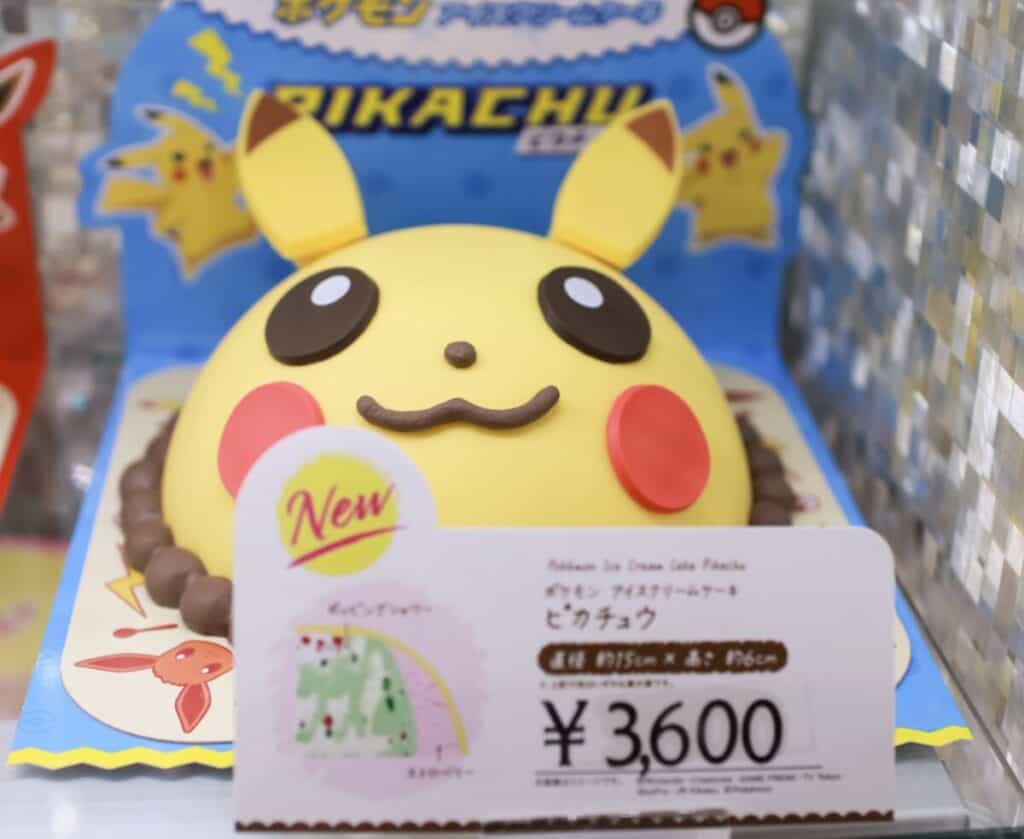
In this article, we’ll explain how to wish someone a happy birthday in Japanese, both spoken and in writing. There are both formal/polite and casual ways to wish someone a happy birthday in the Japanese language. Below, we’ll explore these different phrasings and what they mean in Japanese.
The polite way to say “Happy Birthday” in Japanese
When writing out “Happy Birthday” in Japanese, you will use the following phrase: (お) 誕生日 おめでとう (ございます). For those who need the phonetic phrasing, use this as your guide: (o) tanjobi omedetou (gozaimasu).
In this more formal phrasing, the “gozaimasu” part of the phrase adds an element to “happy birthday” that is akin to “many” or “many wishes” in English.
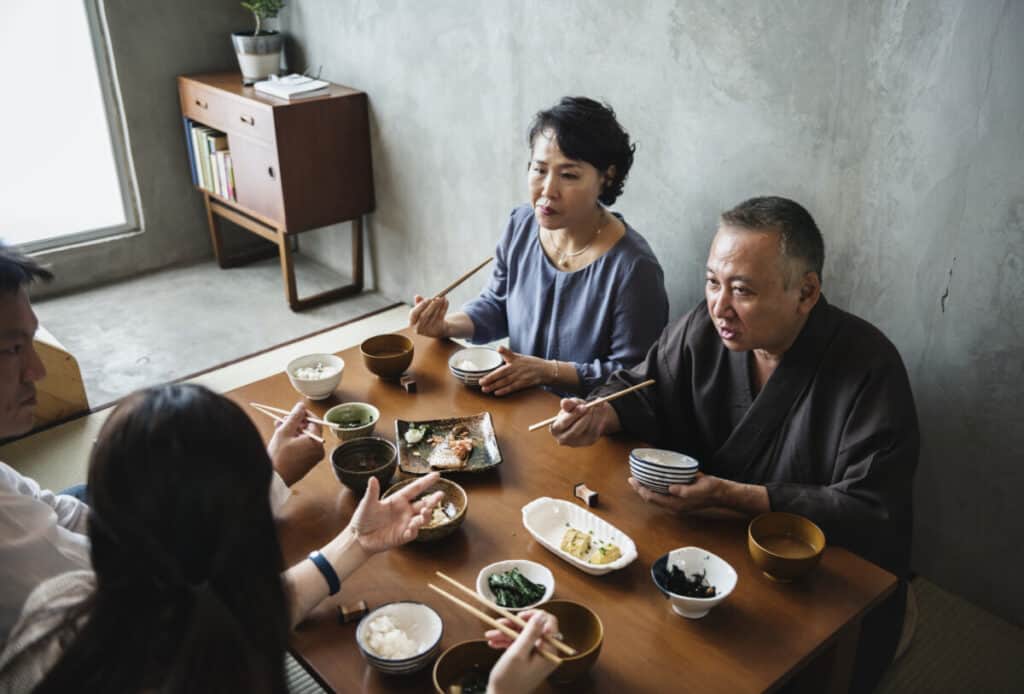
It’s like multiplying the intensity of the happy birthday you are wishing upon the recipient.
Note that this form of the phrase is more of a formal version. When wishing someone a happy birthday, such as a grandparent or teacher, you would say “o tanjobi omedeto gozaimasu” to be polite.
The “o” that precedes the phrase is what designates its formality or politeness.
The casual ways to say “Happy Birthday” in Japanese
However, if you’re wishing a happy birthday to a close friend or someone in a more informal setting, you could replace the phrase with this version: “tanjobi omedeto”.
In both the polite and informal phrases, the words “tanjobi” refers to “birthday” in English, while “omedeto” refers to the English word “happy” (although omedeto’s Japanese meaning is closer to “congratulations”).
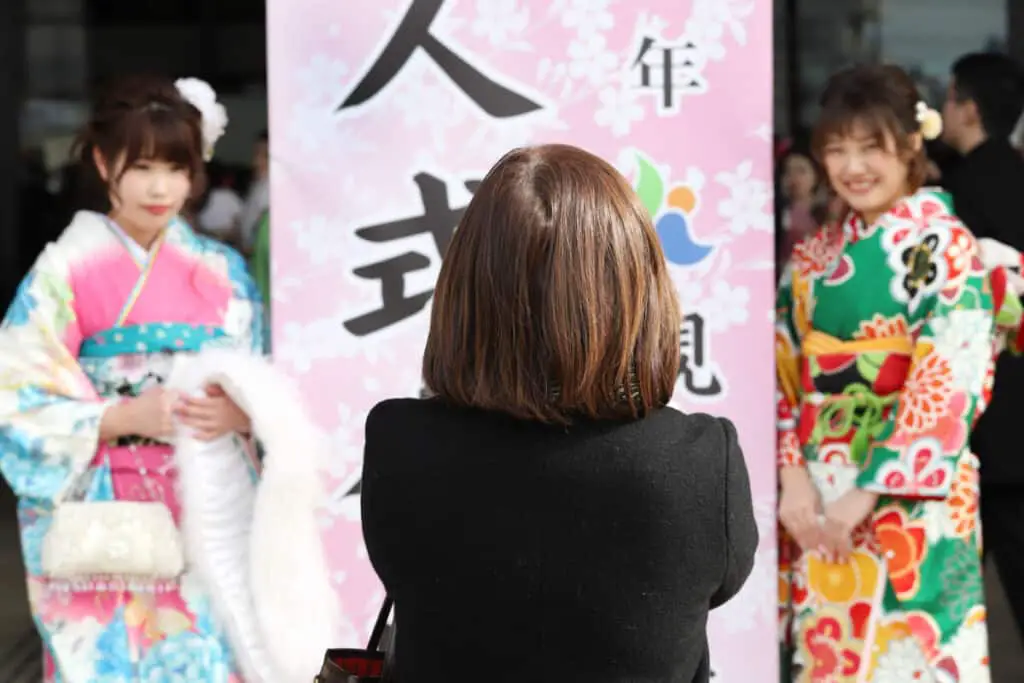
Even for small children, the phrasing changes slightly due to the informal nature of the exchange.
Young children would likely say ハッピーバースデー (“happy bazde”) to their young friends. Note how the phonetic pronunciation is quite similar to how one might say “happy birthday” in English.

